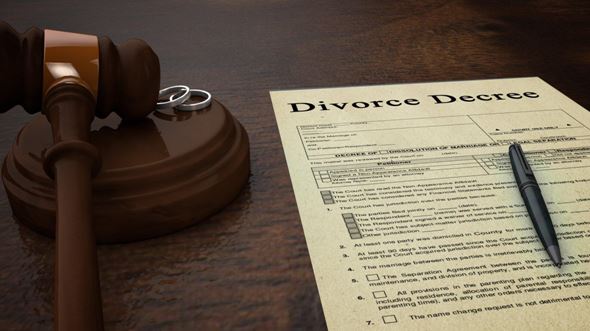Understanding The Differences: Contested vs Uncontested Divorce
Have you ever wondered what the big deal is about contested vs uncontested divorce? Well, it’s like the difference between having a calm conversation and a heated argument.
In this article, we’re going to walk you through what each term means and why it matters to you. If you’re facing divorce or just curious, stick around.
We promise to keep things simple and clear, helping you understand the pros and cons of contested vs uncontested divorce in a way that makes sense.
Table of Contents
Definition
Contested divorce happens when the two people involved cannot agree on major issues like child custody or property division. This type of divorce usually needs a trial where a judge makes the decisions. It can take longer and cost more because of the legal processes involved.
Alternatively, an uncontested divorce happens when both parties agree on all major issues without having to go to court. This process is usually faster and less expensive since it involves less legal intervention.
Process
The process of a contested divorce begins with one person filing a petition in court. This action essentially starts the legal aspect of the divorce.
Following this, there are typically steps involving discussions or negotiations, trying to reach agreements on the disputed areas. Divorce lawyers know what to consider when having a divorce, ensuring that each spouse’s rights and interests are protected throughout the contentious process.
In an uncontested divorce, the process is streamlined. Both parties file joint paperwork with the court, agreeing on all major issues upfront. This leads to a quicker resolution and legal finalization of the divorce.
Timeframe
The timeframe for a contested divorce can vary significantly. It often depends on the complexity of the divorce disagreements and the court’s schedule. Cases with more contested issues tend to take longer, sometimes a year or more, to conclude.
In contrast, an uncontested divorce usually concludes much quicker. Typically, if all paperwork is in order and both parties agree, the divorce can be finalized in a few months.
Cost
When considering the cost of divorce, contested divorces typically require a larger financial investment than uncontested ones. This is due to the lengthy court proceedings and the need for more extensive legal representation. Additionally, the more issues that need to be resolved in court, the higher the expenses can climb.
In the case of an uncontested divorce, the costs are considerably lower. This cost reduction is primarily because both parties can often share one attorney, and there is less need for court appearances.
Emotional Strain
Dealing with the emotional strain during a divorce is challenging for everyone involved. It involves adjusting to major life changes and can lead to feelings of stress, sadness, or even relief.
The emotional toll is often higher in contested divorces due to the adversarial nature of proceedings and the uncertainty it brings. In uncontested divorces, where agreements are reached amicably, the process can be less emotionally draining.
The Difference Between Contested Vs Uncontested Divorce
In wrapping up, remember, whether you’re leaning towards a contested vs uncontested divorce, it’s essential to understand what feels right for your situation. Each has its path, timeframe, and costs. It’s like choosing between a speedboat or a sailboat to cross the same ocean.
No matter what, know that you’re not alone, and help is always there. Choosing between the two divorce processes is a big step, but understanding these differences makes you better prepared for the journey ahead.
Did you find the information in this article helpful? If so, be sure to check out our blog for more valuable resources.
Alan Roodey is a professional Author and contributor to many sites. He loves to write on various topics.







